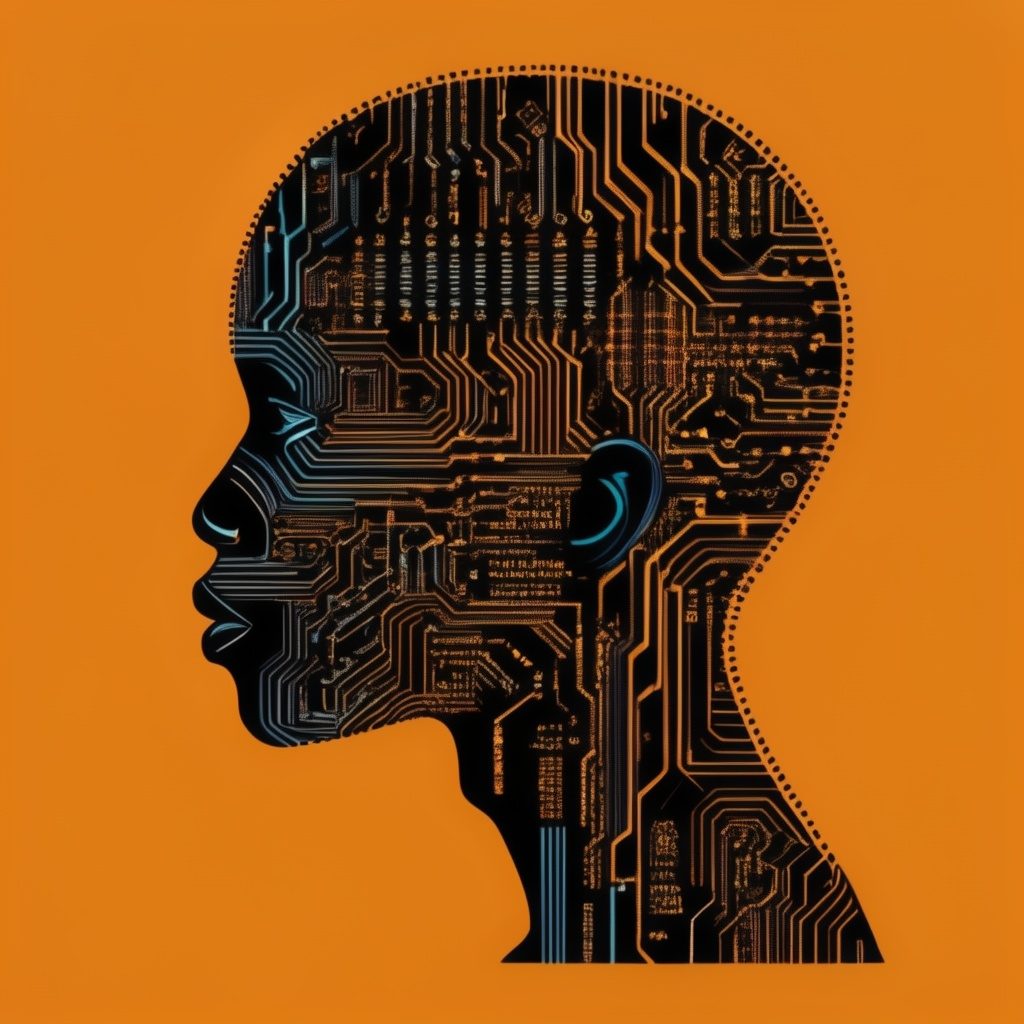1. What are the strengths that Africa has when it comes to AI?
see all the answers below
2. What are some of the challenges that Africa faces with AI adoption?
3. How can Africa prepare its workforce for the future of AI?
4. What are the potential threats that AI poses to Africa?
5. What can individuals and policymakers do to ensure that AI benefits Africa?
The potential impact of Artificial Intelligence (AI) in Africa and on the global workforce is a hot topic; with its burgeoning population and unique challenges, it stands at a critical juncture. While some paint AI as a dystopian job killer, others see it as a tool for progress. As a Careers Coach, I believe the truth lies somewhere in between, and a SWOT analysis can help us navigate this complex landscape.
Strengths:
- Young and Growing Population: Africa boasts a young and rapidly growing population, providing a vast pool of potential talent to adapt and thrive in the AI era.
- Resource Richness: The continent’s abundant natural resources can fuel AI development and innovation, particularly in areas like agriculture and mining.
- Entrepreneurial Spirit: Africans are renowned for their entrepreneurial spirit, which can be harnessed to create new AI-driven businesses and solutions.
- Growing Digital Infrastructure: Investments in digital infrastructure are improving internet access and connectivity, which is crucial for AI adoption and participation.
What are the strengths that Africa has when it comes to AI?
Africa has a young and growing population, abundant natural resources, an entrepreneurial spirit, and growing digital infrastructure. These strengths position Africa to thrive in the AI era.
Weaknesses:
- Limited Education and Skills: Current education systems often lack the focus on STEM skills needed for AI-related jobs, leaving many unprepared.
- Infrastructure Gaps: Despite progress, infrastructure disparities persist, hindering many regions’ internet access and digital literacy.
- Access to Capital: Limited access to capital can stifle the growth of AI-driven startups and innovations, hindering job creation.
- Policy and Regulation: Inadequate policy frameworks and regulations surrounding AI can create uncertainty and hinder responsible development.

Opportunities:
- Upskilling and Reskilling: Investing in upskilling and reskilling programs can equip the workforce with the skills needed for the AI-driven future.
- Focus on Niche Sectors: Africa can leverage its strengths in specific sectors like agriculture, healthcare, and renewable energy to develop AI solutions with global appeal.
- Public-Private Partnerships: Collaboration between government, businesses, and educational institutions can accelerate AI development and create sustainable job opportunities.
- Leapfrogging Technologies: Africa can adopt cutting-edge AI technologies without being constrained by legacy infrastructure, potentially leapfrogging developed nations.
What are some of the challenges that Africa faces with AI adoption?
Limited education and skills, infrastructure gaps, access to capital, and policy and regulation are some of the challenges hindering AI adoption in Africa.
Threats:
- Job Displacement: Automation through AI could lead to job losses in specific sectors, particularly those reliant on manual labour.
- Widening Inequality: Unequal access to AI education and opportunities could exacerbate existing social and economic disparities.
- Data Privacy and Security: Data privacy and security concerns must be addressed to ensure responsible and ethical AI development.
- Brain Drain: Skilled professionals might migrate to countries with more advanced AI ecosystems, hindering Africa’s own progress.
How can Africa prepare its workforce for the future of AI?
Investing in upskilling and reskilling programs, focusing on niche sectors, fostering public-private partnerships, and embracing leapfrogging technologies are some ways Africa can prepare its workforce for the future of AI.
A Call to Action:
As Careers Coaches, we have a crucial role to play in preparing individuals and communities for the AI revolution. This includes:
- Raising Awareness: Educating people about the potential impact of AI on careers and the skills needed to thrive.
- Promoting STEM Education: Advocating for reforms in education systems to prioritise STEM skills and critical thinking.
- Supporting Upskilling and Reskilling: Connecting individuals with resources and opportunities to develop relevant skills and adapt to the changing landscape.
- Promoting Responsible AI Development: Encouraging ethical and inclusive approaches to AI development that benefit all stakeholders.
What are the potential threats that AI poses to Africa?
Job displacement, widening inequality, data privacy and security concerns, and brain drain are some potential threats that AI poses to Africa.
Preparing for the Future:
As a careers coach, I emphasise the following steps for individuals and policymakers:
- Raising Awareness: Educating people about the potential impact of AI on careers and the skills needed to thrive.
- Promoting STEM Education: Advocating for reforms in education systems to prioritise STEM skills and critical thinking.
- Supporting Upskilling and Reskilling: Connecting individuals with resources and opportunities to develop relevant skills and adapt to the changing landscape.
- Promoting Responsible AI Development: Encouraging ethical and inclusive approaches to AI development that benefit all stakeholders.
- Develop 21st-century skills: Focus on critical thinking, creativity, problem-solving, communication, collaboration, and digital literacy.
- Embrace lifelong learning: Continuous learning will be essential to adapt to a changing job market and stay relevant.
- Invest in STEM education: Encourage young people to pursue careers in science, technology, engineering, and mathematics.
- Promote entrepreneurship and innovation: Support initiatives that foster new ventures and leverage AI for development.
- Bridge the digital divide: Increase all access to technology and digital literacy training.
- Develop responsible AI: Advocate for ethical frameworks and transparent development of AI solutions.
- Address social safety nets: Implement policies to support workers displaced by automation and ensure social protection.
What can individuals and policymakers do to ensure that AI benefits Africa?
Individuals can develop 21st-century skills, embrace lifelong learning, and pursue careers in STEM fields. Policymakers can promote STEM education, bridge the digital divide, develop responsible AI frameworks, and address social safety nets.
Conclusion:
AI is not a singular force but a complex landscape of opportunities and challenges. By acknowledging both aspects and taking proactive steps, Africa can harness the power of AI for inclusive growth and create a future where technology empowers its people, not threatens them. Remember, the future is not predetermined, and our choices today will shape the impact of AI on African careers. As a coach, I encourage individuals and policymakers to embrace a proactive approach, develop the necessary skills, and advocate for responsible AI development. Together, we can ensure that AI becomes a force for good, shaping a brighter future for future generations.
The future of AI in Africa is not predetermined. By understanding the strengths, weaknesses, opportunities, and threats, we can chart a course towards a future where AI empowers individuals and communities, creating a more prosperous and equitable continent.











